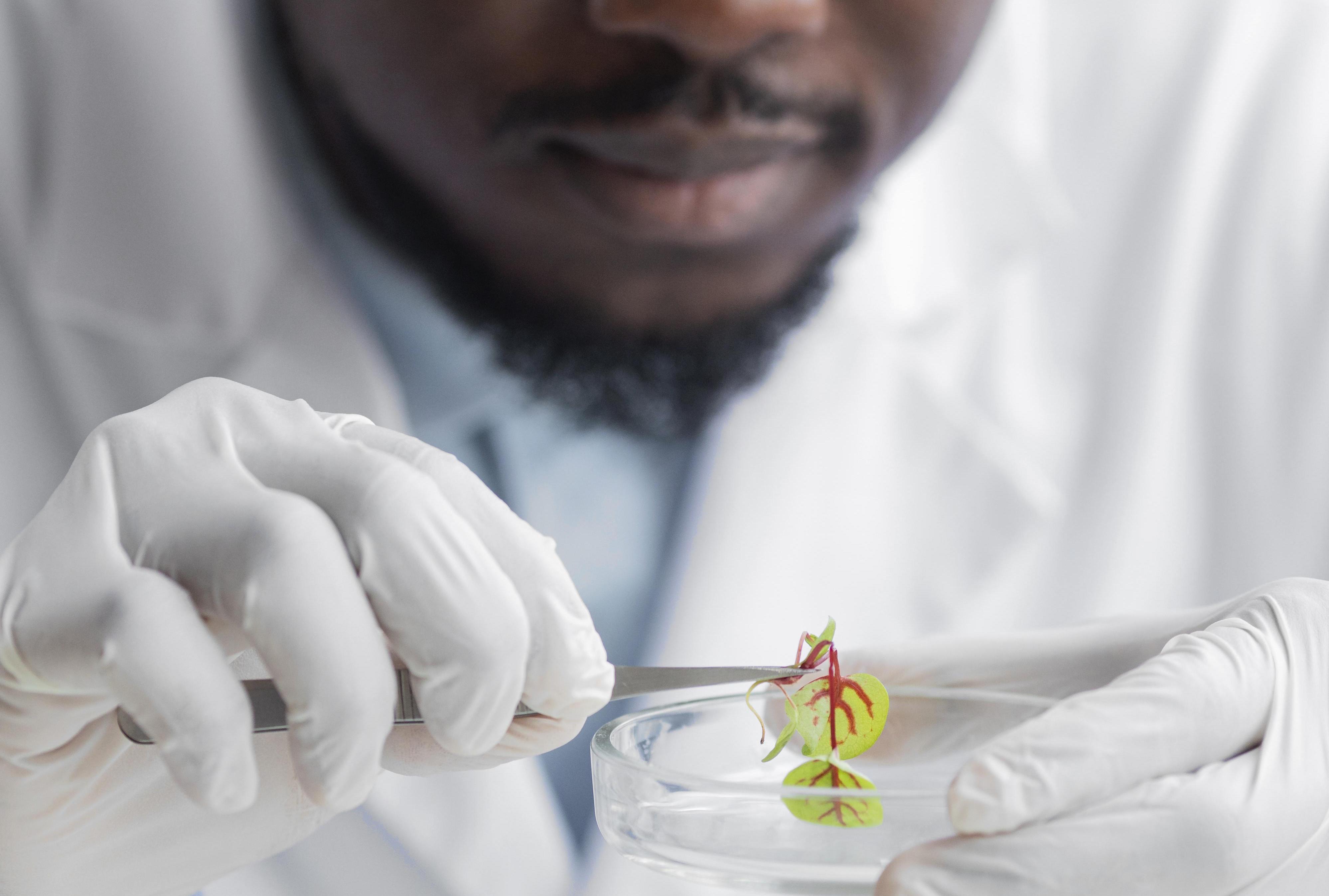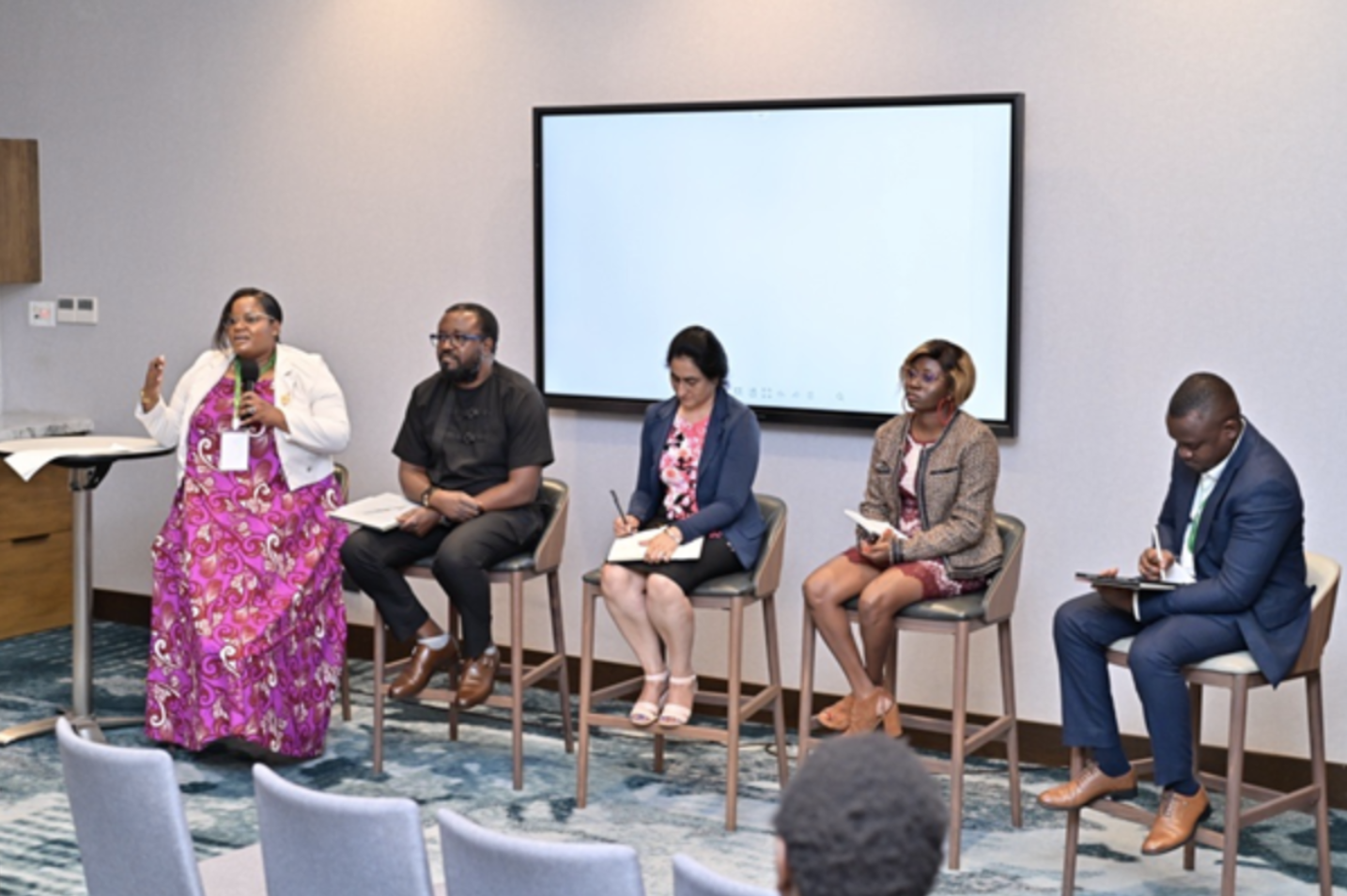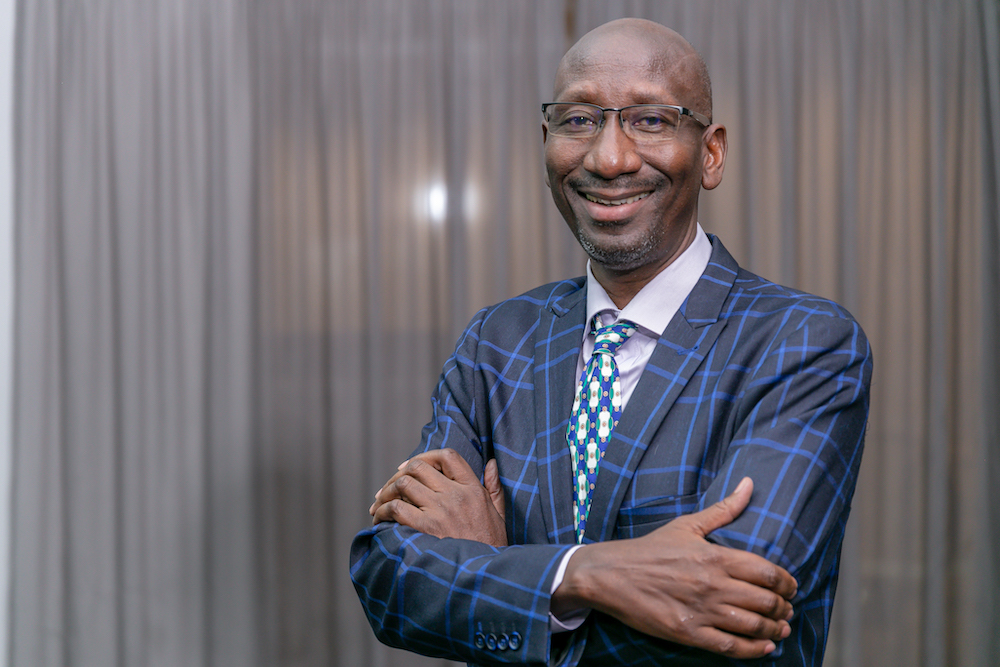
Impact Stories
Exploring the power of science citizenry
Monday, September 4, 2023

By Doris Wangari
I recently came across the term 'science citizenry' and it intrigued me. I researched the concept and its potential impact, with a focus on its relevance in and to Africa.
Science can indeed be challenging due to its sometimes complex, intricate concepts that can require a solid foundation in mathematics, logic and critical thinking. Understanding scientific principles, theories and models often involves abstractions that can be difficult to grasp. It can require mastery of technical skills, such as laboratory techniques, data analysis and statistical methods. These all demand precision, attention to detail and extensive training to ensure accurate and reliable results. Science operates in an environment of uncertainty, where the validation of hypotheses and theories relies on repeated experiments and empirical evidence.
Dealing with uncertainties, conflicting results and unexpected outcomes can be intellectually challenging. Many scientific problems require interdisciplinary approaches, drawing from multiple fields of study. Integrating knowledge from different disciplines and navigating the complexities of interdisciplinary research can be demanding. Science is dynamic and constantly evolving, driven by new discoveries, advancements and paradigm shifts. Scientists must stay updated with the latest research, methodologies and technologies, requiring a commitment to lifelong learning.
Science citizenry is integral to understanding our lives and the natural world
The simple definition of science citizenry is the participation of citizens in the scientific process, involving the active engagement of individuals in scientific activities and the promotion of scientific knowledge within society. It empowers citizens to contribute to scientific research, advocate for evidence-based policies and enhance scientific literacy within society. For individuals, science citizenry offers a way to learn about science, contribute to research, and feel a sense of civic engagement. For society, it can help to advance scientific literacy, build public trust in science and address important health, environment and other challenges.
Science citizenry in Africa is a growing movement that is empowering citizens to participate in scientific research and decision-making. As the critical mass of scientists grows, there is a need to continuously embrace and harness the power of this concept. So how can one participate in science citizenry? A variety of initiatives, including participating in science projects, community-based research and public engagement activities, are gaining ground. These dimensions have in common the involvement of ordinary citizens who collect data and/or participate in other research activities. The data collected by citizen scientists can be used to improve our understanding of the natural world, monitor environmental change, and inform policy decisions. Community-based research, conducted in partnership with local communities, often focuses on issues that are important to those communities -- in the process, building trust between scientists and communities. It can also help to ensure that research findings are relevant to the needs of those communities. Public engagement activities take many forms, such as science festivals, public lectures and online forums, and they raise awareness of science and public participation in scientific research.
Why is science citizenry critical to Africa specifically? Many African countries have limited funding for scientific research and training which has hindered the growth and development of science. Science citizenry can help address this challenge by encouraging domestic funding from our governments, and private investment in science to address local problems and priorities. These realities are exacerbated by low levels of public science literacy; impactful science engagement projects that aim to bridge the gap between scientists and the public can inspire public interest in science. However, challenges such as limited access to technology can hinder participation. We need to ensure inclusivity in science citizenry initiatives and leverage the engagement of scientists in the African diaspora who can play a significant role in supporting science in Africa through
mentorship. Such leadership is exemplified in the Developing Excellence in Leadership, Training and Science in Africa (DELTAS Africa) initiative which seeks to encourage collaboration between researchers who are relatively well-resourced and those who are poorly resourced, improve gender equity and diversity and foster multidisciplinary and cross-disciplinary research, including the social sciences and humanities.
For science citizenry to succeed in bridging the gap between scientists and the public, there is a need to continually increase communication training opportunities for scientists involved in citizen science. Dissemination of strategies to improve communication, dissemination and dialogue is necessary Collaboration among scientists, citizens and communication professionals can lead to more effective strategies for engaging different audiences and aligning communication efforts. Issues of equity and power should be considered at all stages of citizen science project design and implementation. Public engagement and social activism must also receive due consideration to empower citizens and embrace their input in scientific policymaking and governance.
The Future of Science Citizenry in Africa lies in the digitalization of science platforms that are globally accessible and contribute to the integration of citizen science into general education and learning. These platforms provide tools, guidelines, and best practices for citizens, scientists, teachers, students, policymakers and other stakeholders to engage with local and international citizen science projects. Moreover, the integration of science in informal learning environments allows individuals of all ages to explore scientific phenomena and contribute to research. These platforms provide a wide range of citizen science projects that anyone can participate in, offering opportunities for life-changing experiences.
Science citizenry holds immense potential to address funding challenges, promote science engagement, ensure inclusivity, leverage diaspora scientists and develop strong scientific leadership in Africa. By embracing science citizenry, African people can tap into their collective intelligence and enthusiasm to drive scientific research, innovation and knowledge dissemination. It is through the active involvement of individuals in scientific activities that we can foster a society that values evidence-based decision-making and scientific progress.
About the Author
Doris Wangari is a Senior Programme Officer at Grand Challenges Africa, an initiative of the SFA Foundation. She is passionate about research around new and emerging technologies such as genome editing techniques and synthetic biology which she believes are vital in addressing Africa’s challenges and fostering great collaboration, engagement and dialogue around research



